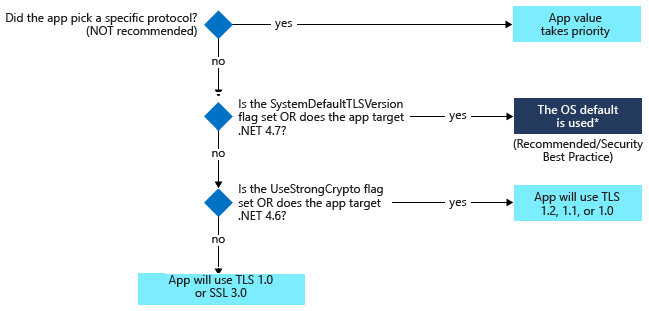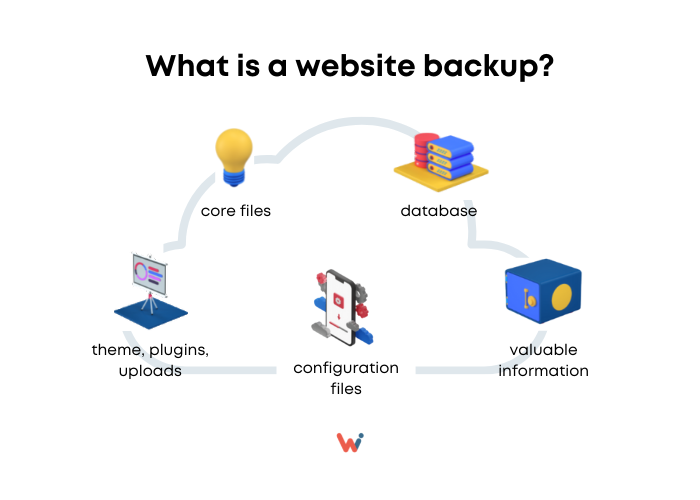
Web servers connect computers to the Internet to handle data exchange. They run software that controls which files are delivered to users. They are a great example of a client/server relationship. Each computer hosting a website needs to have both web server software, and hardware. In some instances, web servers are simply referred to as a "server".
Concurrency
The amount of concurrency a web server can handle is a very important consideration for scaling your web application. It is crucial to realize that the speed of your website's scaling is not determined by its front-end productivity. The bottleneck is in fact the number concurrent users. To determine the best amount of resources for a site, web servers use estimates of concurrent users. Your application may slow down if this estimation is incorrect.

Configuration
Configuring web servers is critical to create a secure, efficient web hosting environment. Configurations that are not designed for security are usually insecure. Administrators need to take extra precautions when configuring web servers. Many network services are part of typical configurations.
GET method
The GET method works best if you use a webserver to transmit data to another site. This method can be stored in cache, which is not possible with the POST protocol. It allows you to send large data sets and ASCII data. This method is not recommended to send sensitive information, such as images or word documents. There are some downsides to the GET technique. It is not compatible for many firewalls. Also, it is slow to upload large binary files.
Nginx
Nginx web server is lightweight and high-performance. It's an excellent choice for hosting high-traffic sites. Nginx does have some limitations. It doesn't even allow you to specify where your configuration files are located. Instead, it responds by configuring itself to the various patterns of requests.

Apache
Apache is an open source web server that allows you to create and manage multiple websites on the same server. This web server is compatible with many languages and includes many open-source modules you can add to improve your website's functionality. You can use this web server on many operating systems such Microsoft Windows, Linux or Unix.
FAQ
Can I use HTML & CCS to build my website?
Yes, you can! You will need basic knowledge of web design and programming languages like HTML (Hyper Text Markup Language) and CSS (Cascading Style Sheets). These two languages make it possible to create websites accessible by all who have an internet connection.
What is responsive web design?
Responsive web design (RWD), is a way to create websites that display responsively on all devices, including smartphones, tablets, desktop computers, laptops and tablets. This allows users the ability to view a website simultaneously on different devices and still have access to other features like navigation menus, buttons, and so forth. RWD is designed to ensure that a user can view a site on any size screen.
Consider, for instance, that you're building a website for an eCommerce company and your products are sold primarily online. It is important to ensure that your website can be accessed on any device, including a smartphone.
A responsive website will adapt its layout to suit the device it is being viewed on. The site will display exactly the same way on a laptop as if it were viewed on a desktop computer. The page will look completely different if it's viewed on your smartphone.
This allows you create a website that looks great on any device.
Do I choose WordPress or a web builder?
The best way to build an effective web presence is to start small. If you have all the resources and time, then build a website. If you don't have the resources to build a full-fledged site, a blog may be the best choice. As you develop your website design skills, you can always add additional features.
Before you start building your website, it is important to establish a primary domain. This will provide you with a point of reference when you publish content.
How much does it cost to create an ecommerce site?
This depends on your platform and whether you hire a freelancer or go through a service provider. eCommerce sites typically start at around $1,000.
Once you have chosen a platform, expect to pay between $500 and $10,000.
Templates are usually not more expensive than $5,000, unless you have a specific purpose. This includes any customizations that you might need to suit your brand.
How do I create my own website?
This depends on what kind of website you're trying to create. Are you looking to sell products, build a website, or create a portfolio online?
It's possible to make a website that is essential using HTML and CSS. Although HTML and CSS can be used to create simple websites, web developers prefer using a WYSIWYG editor like Dreamweaver or Frontpage.
Hire a freelance web developer if your skills are not in-depth. They can help you build a website customized to your needs.
Freelance developers can charge either an hourly or a flat fee. The cost of hiring a freelancer varies depending on how much work they complete within a given timeframe.
For example, you might pay $50-$100 an hour to a company. You'll usually get higher rates for larger projects.
You can also find jobs on many freelance websites. You can search there before you contact potential developers directly.
What is a "static website"?
A static website is where all content is stored on a server and accessed by visitors via web browsers.
The term "static", refers to the absence or modification of images, video, animations, and so forth.
This site was initially designed for corporate intranets, but it has been adopted by individuals or small businesses who desire simple websites that don't require complex programming.
Because they are easier to maintain, static sites have been growing in popularity. It's easier to update and maintain static sites than a website that has many components (such blogs).
They also load quicker than their dynamic counterparts. This makes them great for those who have slow Internet connections or users with mobile devices.
Also, static websites are more secure that dynamic counterparts. It is difficult to hack into static websites. Hackers only have access the data in a database.
There are two main ways to create a static website:
-
Utilizing a Content Management System.
-
Create a static HTML website
Which one you choose depends on your requirements. A CMS is the best choice for anyone who is new to building websites.
Why? Because you have complete control over your website. With a CMS, you don't need to hire someone to help you set up your site. Upload files to the website server.
You can still learn how to code and create a static website. But you'll need to invest some time learning how to program.
Statistics
- At this point, it's important to note that just because a web trend is current, it doesn't mean it's necessarily right for you.48% of people cite design as the most important factor of a website, (websitebuilderexpert.com)
- It's estimated that chatbots could reduce this by 30%. Gone are the days when chatbots were mere gimmicks – now, they're becoming ever more essential to customer-facing services. (websitebuilderexpert.com)
- The average website user will read about 20% of the text on any given page, so it's crucial to entice them with an appropriate vibe. (websitebuilderexpert.com)
- Studies show that 77% of satisfied customers will recommend your business or service to a friend after having a positive experience. (wix.com)
- When choosing your website color scheme, a general rule is to limit yourself to three shades: one primary color (60% of the mix), one secondary color (30%), and one accent color (10%). (wix.com)
External Links
How To
What is website hosting?
Website hosting is the location where people go when they visit websites. There are two types.
-
The cheapest option is shared hosting. Your website files will reside on a server belonging to someone else. Customers who visit your website send their requests via the Internet over to that server. The server owner then forwards the request to you.
-
Dedicated Hosting - This option is the most costly. Your website will reside on a single server. Your traffic is private because no other websites have shared space on this server.
Shared hosting is preferred by most businesses because it's cheaper than dedicated hosting. When you use shared hosting, the company that hosts the server gives you the resources to run your site.
Both options have their pros and cons. Here are some key differences between them.
The pros of shared hosting:
-
Lower Cost
-
Easy to Set Up
-
Frequent Updates
-
It can Be Found On Many Web Hosting Companies
Hosting shared with others can cost as low as $10/month. Keep in mind, however, that bandwidth is usually included in the price. Bandwidth is the data transfer speed that you have over the Internet. So even if you only upload photos to your blog, you may still pay extra money for high amounts of data transferred through your account.
You will quickly see why you paid so much for your former host once you have started. The majority of shared hosts offer limited customer support. While they may occasionally assist you in setting up your site and other tasks, after that you are all on your own.
Look for a provider who offers 24/7 phone support. They will attend to any issues you have while you sleep.
Cons of dedicated hosting
-
More Expensive
-
Fewer Common
-
Requires special skills
With dedicated hosting, you get everything you need to run your website. You won't have to worry about whether you're using enough bandwidth or whether you've got enough RAM (random access memory).
This means that upfront, you'll need to spend a bit more. However, once you start running your business online, you'll find that you won't need much technical assistance. You'll quickly become an expert at managing your server.
Which Is Better for My Business?
The answer to this question depends on which type of website you wish to create. If you're selling products only, shared hosting might work best. It is easy to set-up and manage. Because you share a server, you will most likely receive frequent updates.
However, dedicated web hosting is the best way to build a community around you brand. It allows you to focus on building your brand and not worrying about managing your traffic.
If you're looking for a web host that offers both options, we recommend Bluehost.com. They offer unlimited monthly data transfers and 24/7 support. You can also register domain names for free.